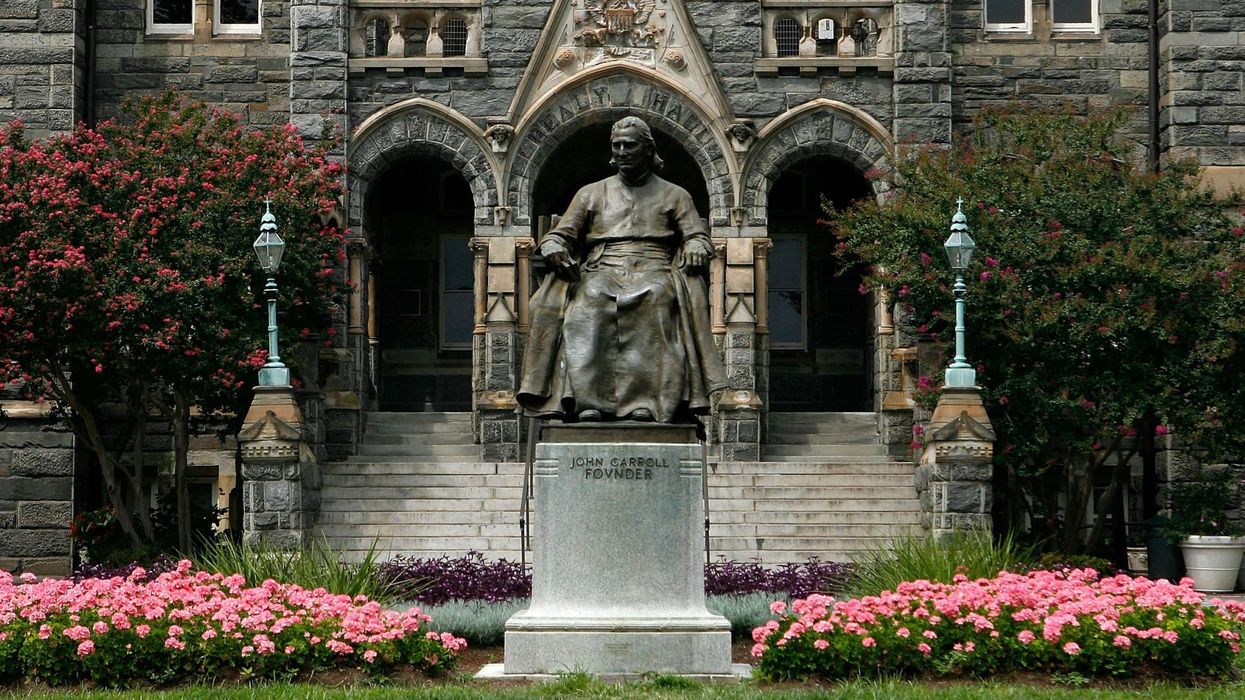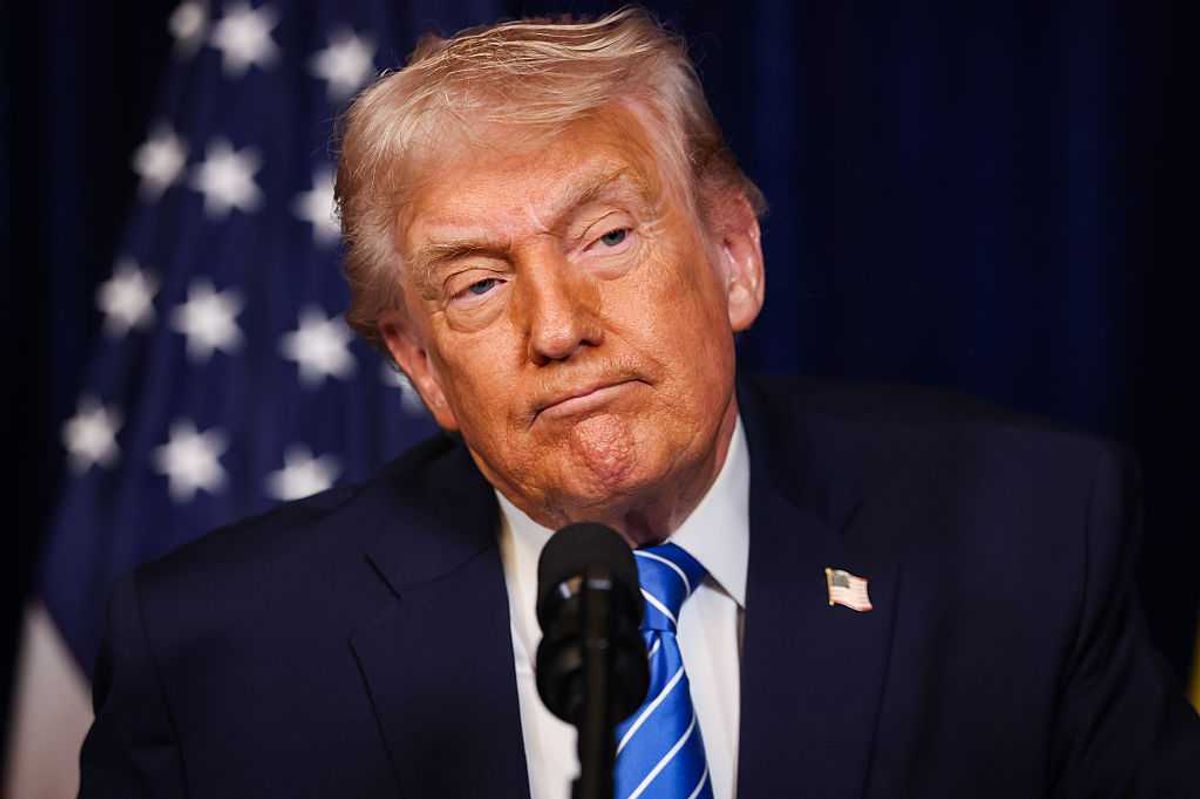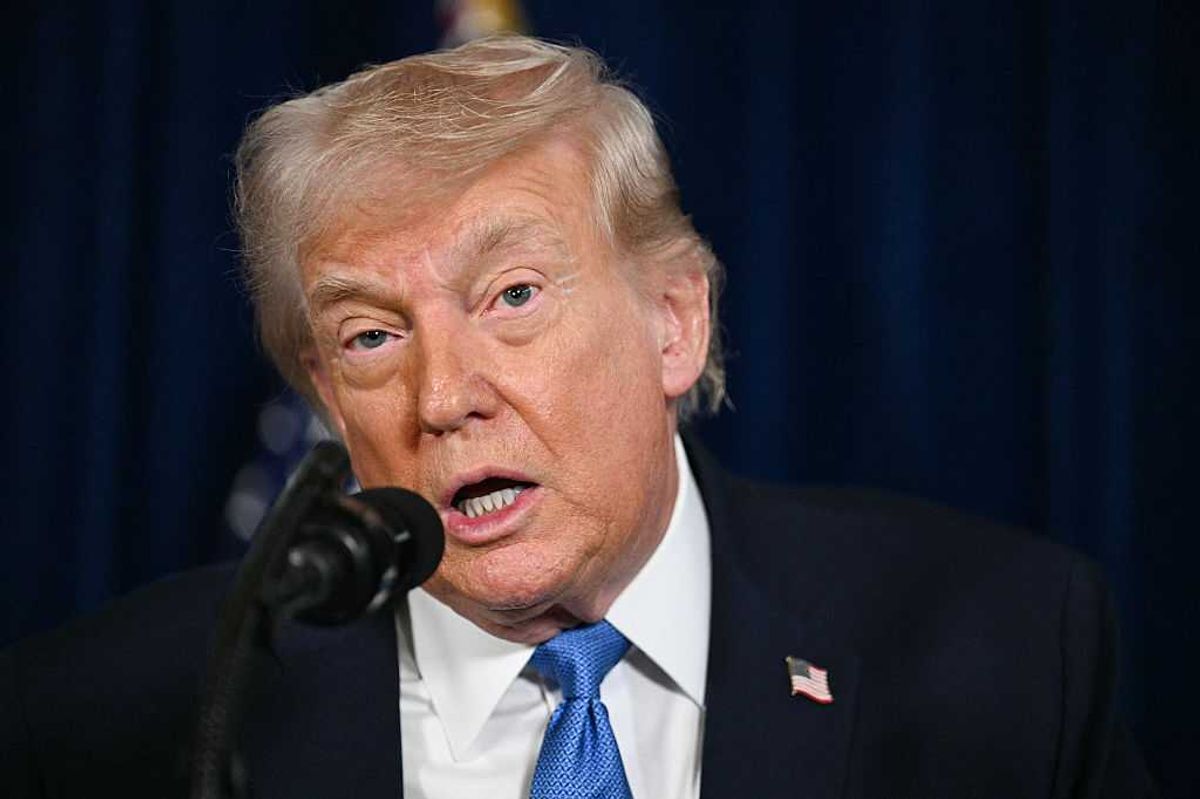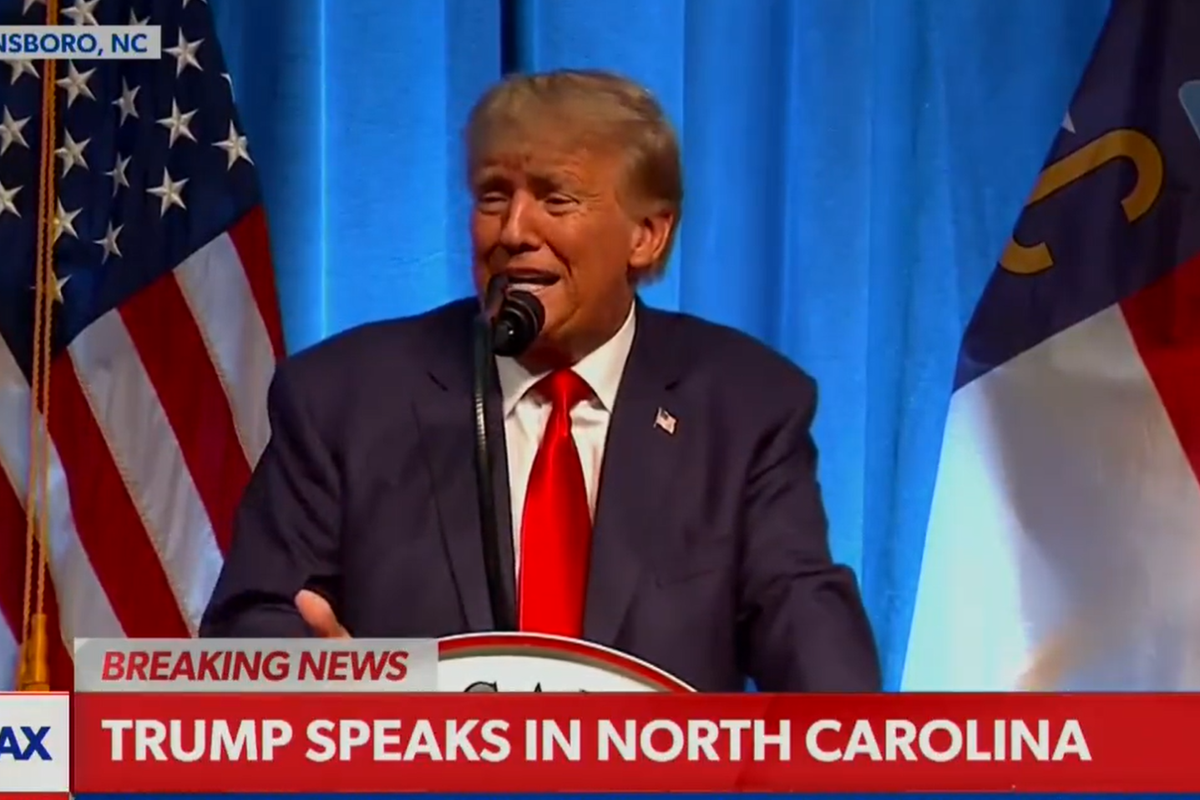
Students at Georgetown University have voted to pay for reparations to the descendants of enslaved people who were sold by the institution's founders in the mid-nineteenth century to pay off debts.
A referendum proposed that undergraduates pay a “reconciliation fee” of a symbolic $27.20 (£20.94) to descendants of 272 enslaved people who were sold in 1839 by the Maryland Province of the Society of Jesus, the owners the school, in an effort to raise money for the university.
The motion passed with a 66 per cent majority out of the 3,845 votes cast, according to the Washington Post.
The fees are expected to raise some $400,000 (£307,960) a year for the more than 8,000 descendants of the enslaved people identified so far at the prestigious university.
In an op-ed for the student paper The Hoya in February, two students, Samuel Dubke and Hayley Grande argued against the fee, which is not compulsory.
“Supporters of the referendum will claim that we, by attending classes, living in dorms and accepting our degrees, owe an intrinsic debt to the descendants of those enslaved people who paid for Georgetown’s existence with their lives,” they wrote.
While we agree that the Georgetown of today would not exist if not for the sale of 272 slaves in 1838, current students are not to blame for the past sins of the institution, and a financial contribution cannot reconcile this past debt on behalf of the university. . . . Georgetown University alone, not the student body, has the obligation to pay for its past transgressions.
In response to the referendum results, Georgetown University President John J. DeGioia said the university are “pursuing work that is uncharted”.
The referendum is a symbolic gesture, as it is nonbinding and school officials will make the final decision.
Still, it’s a move that many are calling a step in the right direction. The topic of reparations is popular in the US, as people try to decide how to acknowledge and make amends with the country's brutal history of slavery.
Lee Baker, a descendant of Nace and Biby Butler, a married couple who are among the 272 enslaved people sold in 1838, told the student newspaper, The Hoya, the vote was very important.
The students remembered, recognised, and reignited awareness about descendants who literally made it possible for today’s Georgetown University
Regardless of what happens, we will know that Georgetown University students practised solidarity and decided to ensure that such an historic injustice has a permanent lens for awareness, analysis and action.
H/T Washington Post
More: Game of Thrones: 10 of the best, funniest and spoiler-free tweets from the latest episode














